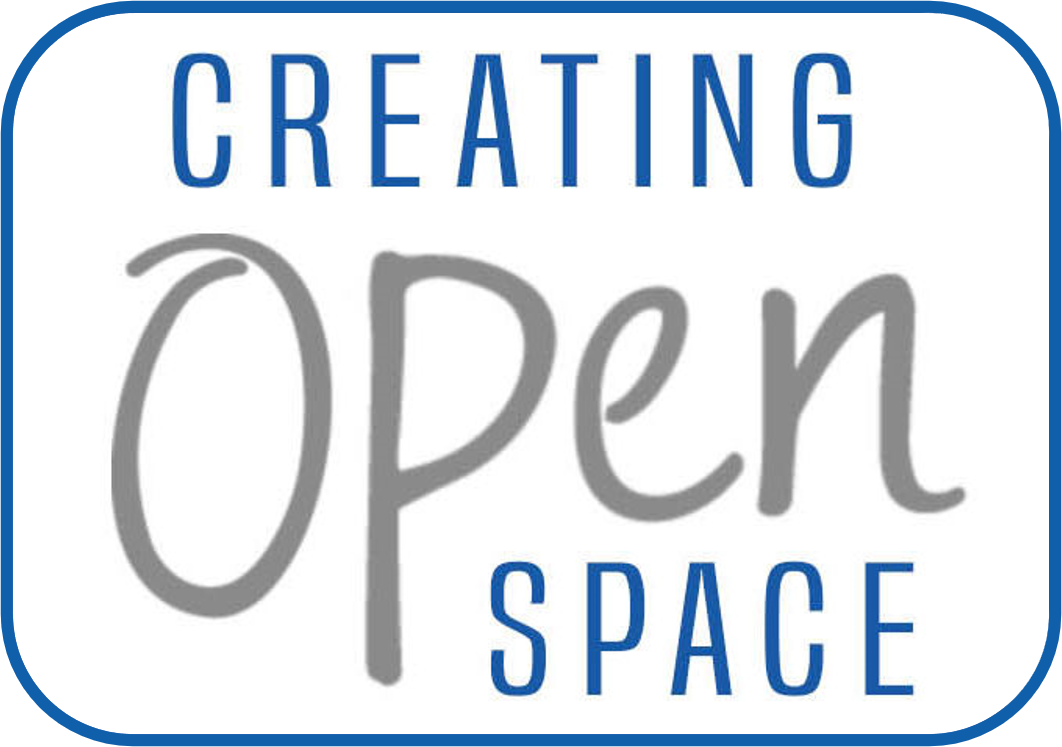Take Time to Reflect
Note: This blog post is based on a chapter from the forthcoming 2nd Edition of The Coaching Companion: Get the Most from Your Coaching Experience, available March 2021.
The events of your life can provide incredible opportunities for learning, if you take the time to reflect on them. Remember – reflection, not the incident itself, is the teacher.
As we move into a new year with even more opportunities for learning, the question becomes, What will we make of it all? As my colleague Daniel & I call out in our newest edition of The Coaching Companion, “You’re so used to doing that the concept of thinking about what you’re doing seems unproductive; it doesn’t feel like making progress. But reflection is absolutely essential for growth.”
What will it take for you to slow down and reflect? Consider these key questions:
1. If not now, then when? If you can’t stop right now to do this exercise, then schedule it. Take one minute to look at your calendar and block off time to come back to this exercise.
2. What does your life look like from the balcony? Imagine that you have a ladder you can climb (or an elevator you can take) to a perch high above the events of your life. From this vantage point, you can look down at the various terrains in which you operate. You can look down at your home life, your work life, your spiritual life, your financial life, your health life, etc. Take a close but high-level look at each domain. What patterns are beautiful? Which are painful to see? What do you want to cultivate more of in this domain? What do you want to change?
3. What will you do with the events of 2020? The year 2020 was filled with potentially life-changing events. In big and small ways, you’ve had to adapt. Now is the perfect time to leverage a framework called The Gibbs Cycle[1]. This simple reflection framework helps you move beyond adaptations to declarations – statements that mark the beginning of a new way of being, feeling, thinking, or taking action. Start by choosing a specific event. Then reflect on:
What happened? What did you do or try to do? What was your impact?
Feelings: What were your feelings - before, during, and after?
Evaluation: What was good and bad about this experience? What do you wish you had done differently?
Analysis: What sense can you make of the situation? What did you learn from this experience?
Conclusion: What did this experience reveal as opportunities for further growth? What conclusions can you draw that are empowering to you?
Action Plan: What will you do next to learn or to gain as much as possible from this experience?
In 2021 we will experience sincere movements to heal from a global pandemic, change oppressive patterns in ourselves and our communities, and adopt sustainable, earth friendly ways of living and doing business. Here is both a fair warning and a promise: If you will use the simple strategies above and take the time to reflect, you will undoubtedly emerge from 2021 with a new sense of personal agency and a new sense of purpose.
“Try to be the one on whom nothing is lost.” – Henry James
[1] Graham Gibbs, Learning by Doing: A guide to teaching and learning methods (Oxford: Further Education Unit, Oxford Polytechnic, 1988).
